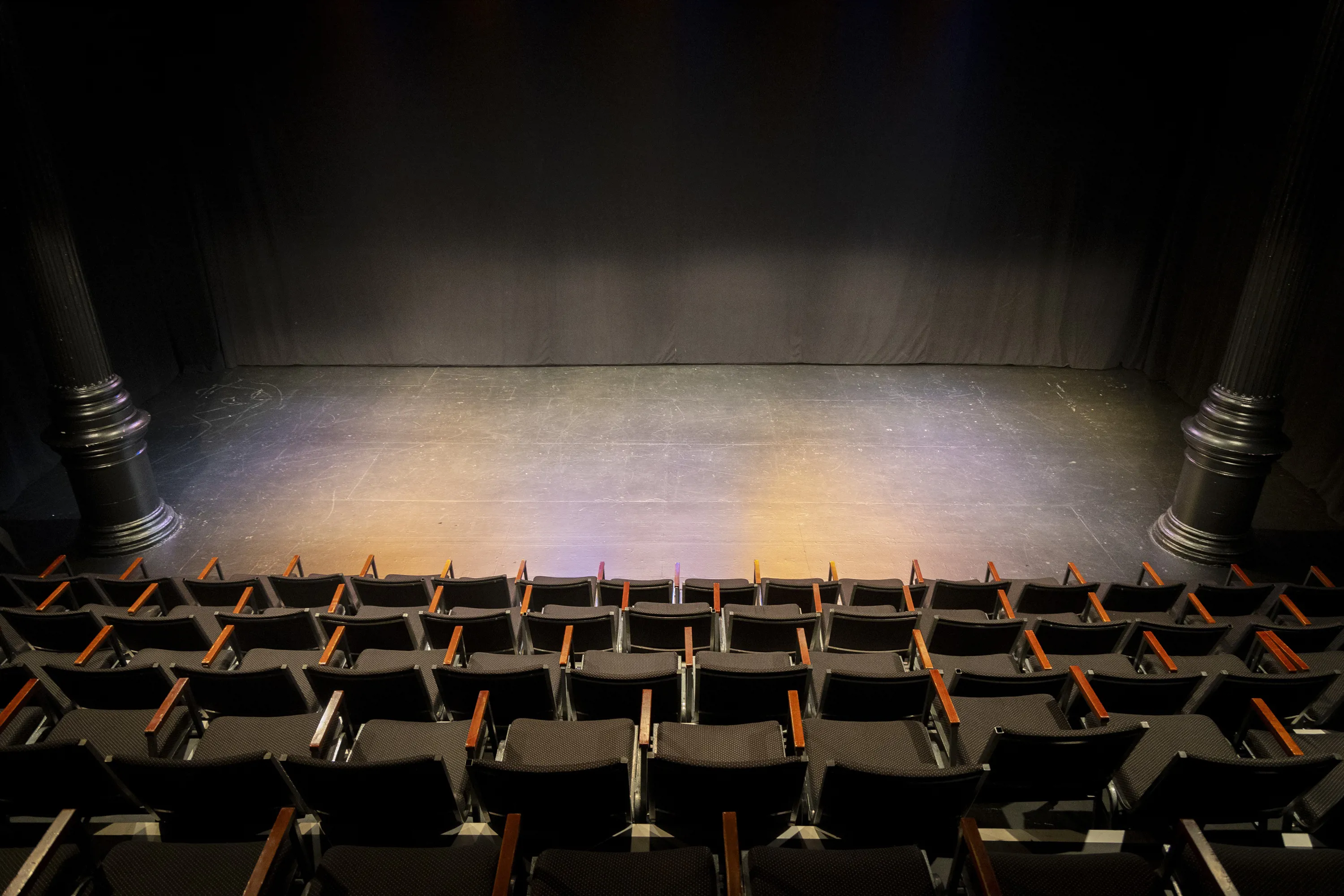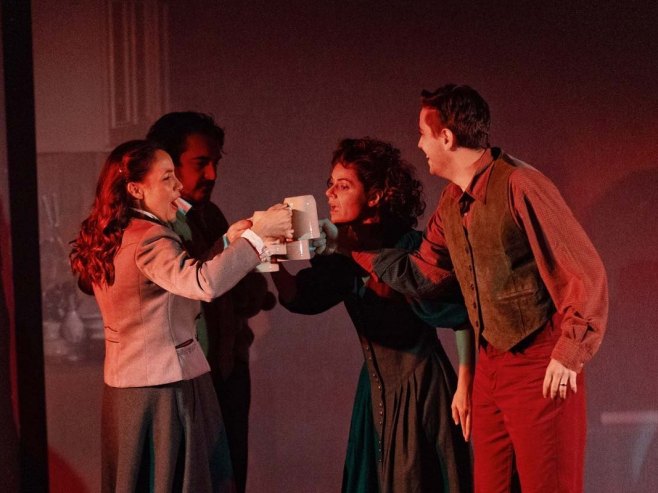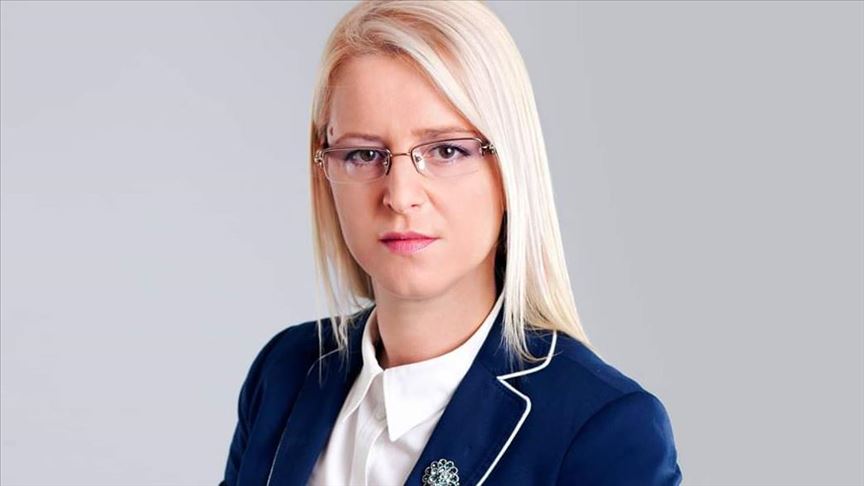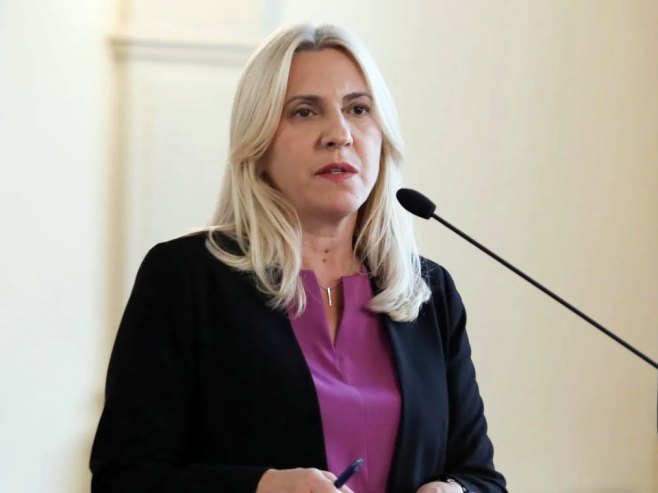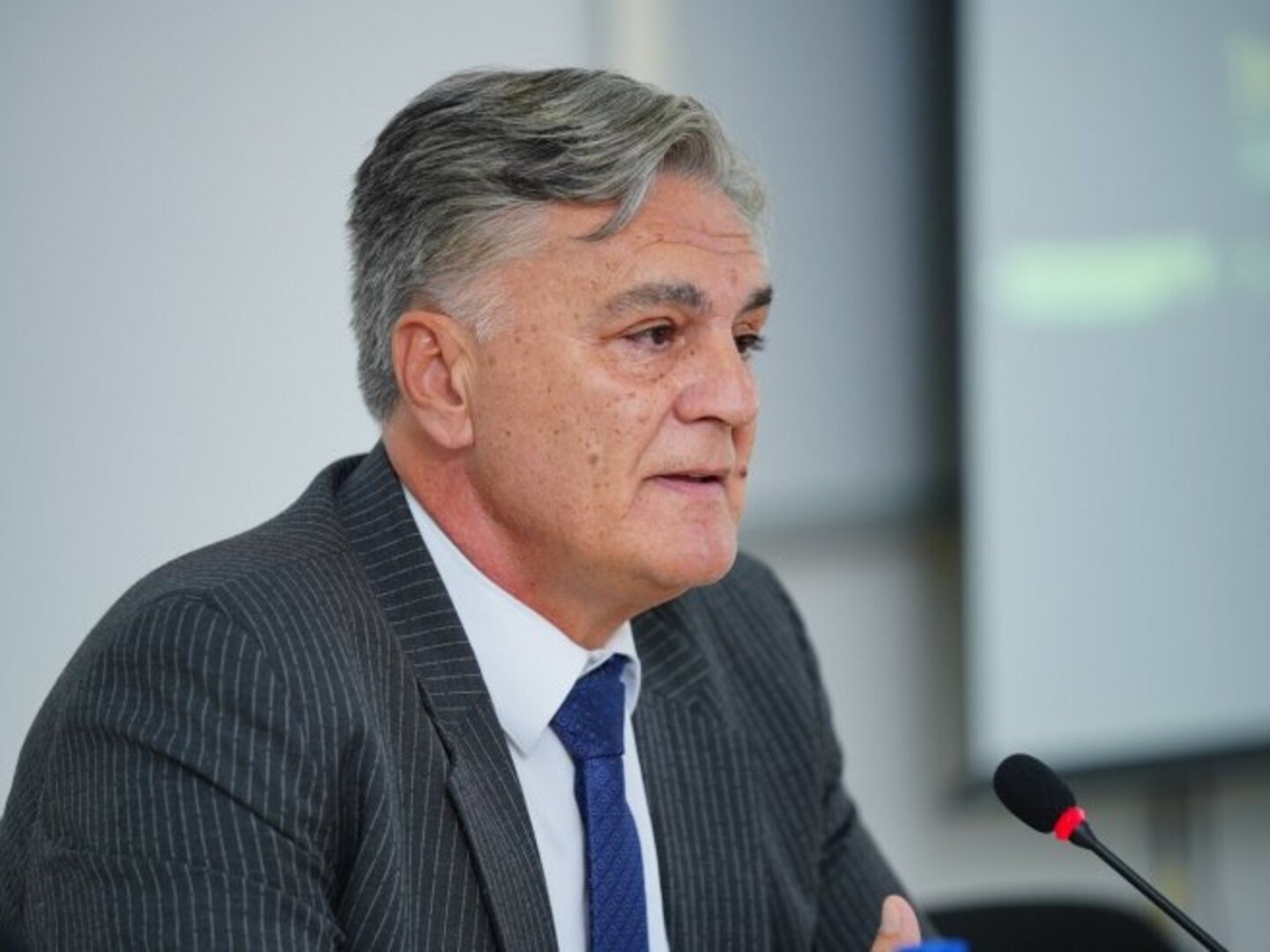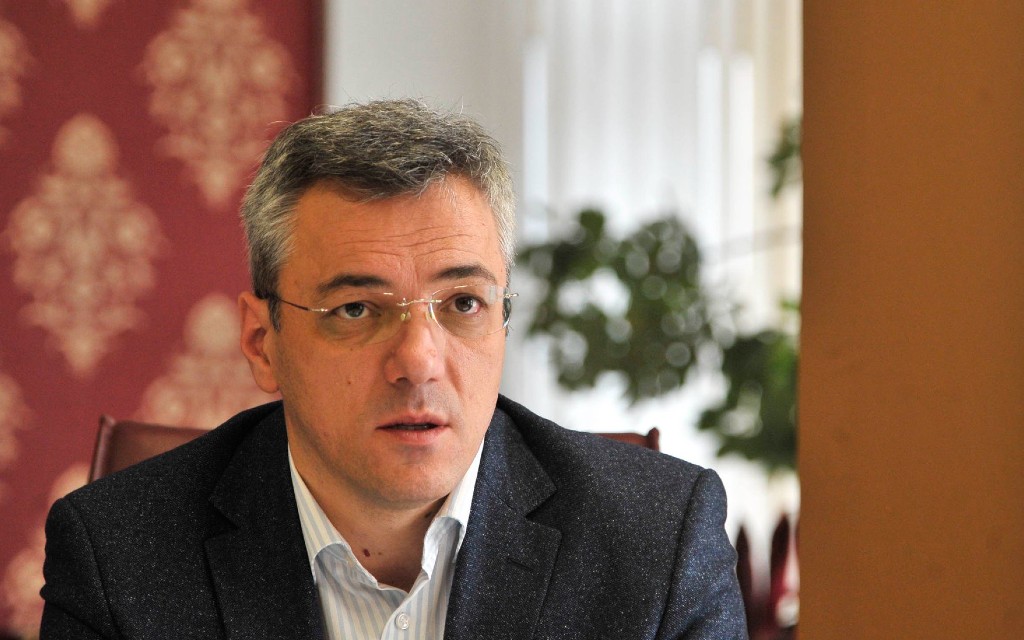With the premiere of the play “Ni riba ni meso” (“Neither Fish nor Meat”), adapted from the text by Franz Xaver Kroetz and directed by young Banja Luka director Nikola Bundalo, the National Theater of Republika Srpska continues its 95th theatrical season successfully.
The play follows the lives of two married couples, portraying society in the 1980s through various life situations. It delves into all facets of their lives—professional, emotional, and social—and explores the impact of technological modernization on these couples and on the roles of men and women in society.
The conflicts arise both within and between the couples, who hold differing worldviews. The psychological portrayal of the drama’s main characters presents a spectrum of situations that resonate with contemporary audiences. This is a story about the struggle between the working class and employers, capitalism, workers’ rights, and themes of motherhood and escaping from it.
The setting features two apartments within one building, occupied by two couples, each grappling with decisions that challenge their settled lives and prompt them to question societal values. Through their debates, the characters invite the audience to join in discussions that often appear to reach solutions, only to conclude, in the end, as “neither fish nor meat.”
Director Bundalo emphasized the relevance of these young couples’ experiences, noting how the issues they face remain largely unchanged today. “This story revolves around conflicts among four principles embodied by four characters, each representing a different societal group,” Bundalo explained. “Questions raised in Kroetz’s drama—artificial intelligence, the demand for labor, digitalization, and the clash between technological progress and workers’ rights—are as relevant now as ever.”
He added that the era depicted can be described as one of transition, a time of technological revolution and new beginnings.
“The irony lies in the cyclical nature of history—this is just one such moment in an ongoing historical progression. Our play does not unfold during or after a rare, unprecedented event. These changes are part of human history, occurring throughout time,” Bundalo said. “It’s no exaggeration to say that this play is as relevant now as it was when it was written.”
С
Source: RTRS

